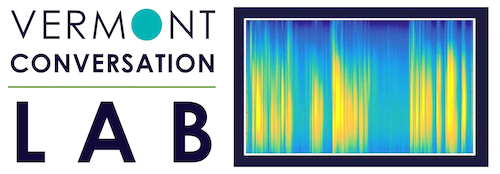I was born with an inherited disorder called ocular albinism that, I believe, has directly or indirectly shaped core elements of my identity. My brother, grandfather and I all express this eye disorder with similar levels of low visual acuity (1/5th to 1/10th of normal acuity bilaterally, depending on lighting), intense light sensitivity, and impaired depth perception. Our low acuity stems from the scarcity of photoreceptors in the central retina rather than from the architecture of the cornea or lens. Thus, it affects both near and far images and cannot be corrected by eyeglasses.
By the first grade, I’d become expert in using hand-held telescopes to see the classroom blackboard and strong magnifying glasses to read textbooks (and, of course, those beautifully smeared blue mimeographs). By fourth grade, I’d learned to read the flow of a soccer field or basketball court in ways that did not require me to actually see the ball to know where I had to move. By fifth grade, I’d learned that I might never figure out how to play first base, but that I could still pitch (I knew where I was supposed to throw the ball and not hit the batter!). By the time I’d reached early adolescence, the ideas of creativity, adaptability, and persistence were already ingrained sources of my identity and pride. What I know now that I did not know then was that these successes were in no way mine to claim. They were contingent upon a set of conditions offered to me by systematic forces.
My parents and low vision specialist deliberately fostered a childhood full of participation, opportunities to experience challenges, robust resources to solve many of those problems, and support for my self-esteem when I could not. As I entered my early professional career, The Americans with Disabilities Act fertilized my institutional environments and societal expectations in ways that had my back even when I did not know it. My grandfather grew up in a different time and without these resources. Few teachers believed that he really could not see the classroom blackboard from the front row. Despite a demonstrably astute intellect (that later manifest as a hobbyist inventor and fixer of nearly every household device), he shouldered the stigma of inability to navigate an inaccessible educational environment. John did not finish sixth grade and worked for fifty years as a janitor in South Boston to help support his family. He used to smile at his grandsons’ achievements while attributing them to intrinsic skills that he did not have. I know this is not true.
My hope is that I can bring the humility of this awareness to those around me, support others’ ingenuity and persistence, and continue to seek my personal, civic and scientific opportunities to change the systematic forces that cause discrimination and racism.
